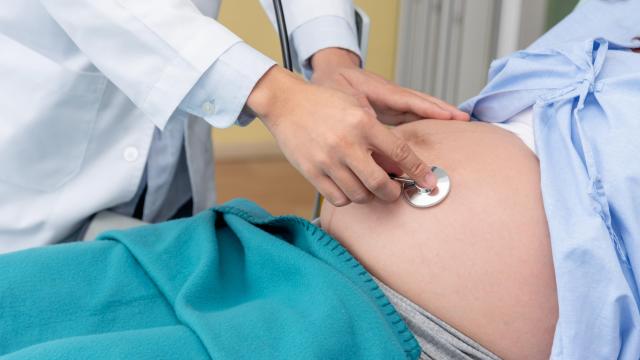A new study this week may provide comfort to expectant mothers living with depression. The research found no clear link between taking antidepressants during pregnancy and future brain-related conditions in children, such as autism or ADHD.
Researchers analysed the medical records of more than 3 million pregnant individuals and their children, including more than 145,000 people who reported antidepressant use at 19 weeks into gestation through the end of their pregnancy. The data allowed the scientists to track the reported health outcomes of their children up to 14 years later, with the team focusing specifically on neurodevelopmental conditions. These included autism spectrum disorder, attention-deficit/hyperactivity disorder, speech and learning difficulties, and other behavioural disorders.
On an initial comparison, children born to mothers taking antidepressants were up to twice as likely to develop any neurodevelopmental disorder as children not born to mothers taking the drugs. But the researchers also tried to account for other variables that might have explained this higher risk, such as the presence of depression itself. Once they did, there was no longer any association between antidepressants and later neurodevelopmental disorders in children. The same lack of a pattern held true when they looked at siblings born to the same mother who took antidepressants during one pregnancy but not during the other.
“The results of this cohort study suggest that antidepressant use in pregnancy itself does not increase the risk of neurodevelopmental disorders in children,” the authors wrote in their paper, published Monday in JAMA Internal Medicine.
There has been an ongoing debate over the link between taking antidepressants during pregnancy and later problems for children. Some studies have pointed to a higher risk of autism and ADHD in particular. But the authors say that their large-scale data and study design should provide a clearer picture of any potential risks, and at least some outside experts agree.
“This is truly an important paper. Women and health professionals are often concerned about antidepressants in pregnancy, and sometimes decide to suddenly stop these medications as soon as pregnancy becomes known,” said Carmine Pariante, professor of Biological Psychiatry at Kings College London, in a statement collected by the Science Media Centre. “What this study shows is that, in reality, previous concerns that antidepressant use increases the risk of autism or other neurodevelopmental disorders are due to the effects of depression itself, or to risk factors for depression, and not to antidepressants.”
In this current study, the team found that the lack of any connection was generally consistent across different classes of antidepressants, common specific drugs, and different time periods of taking them. But there is some data suggesting that not all antidepressants are equally harmless to take during pregnancy. Recent research from the Centres for Disease Control and Prevention, for instance, has found an association between taking the drug venlafaxine (brand name Effexor) in early pregnancy and a greater risk of birth defects, along with a small increased risk of birth defects associated with taking several common selective serotonin reuptake inhibitors, or SSRIs.
Even the CDC has noted that some of these associations (particularly heart defects) may be caused by the conditions that people take them for, not the drugs themselves. And the actual absolute risk of these birth defects remains very low, even in people who take these medications during pregnancy. Any potential risks of these drugs also have to be weighed against the benefits they can provide, since untreated depression or anxiety might itself be harmful to newborns and raise the risk of postpartum depression in mothers.
More research will be needed to untangle the specific connections, if any, between antidepressants and negative health outcomes following pregnancy. But for now, the CDC and many experts recommend that expectant mothers consult their doctors before deciding to start or stop taking antidepressants while pregnant.
